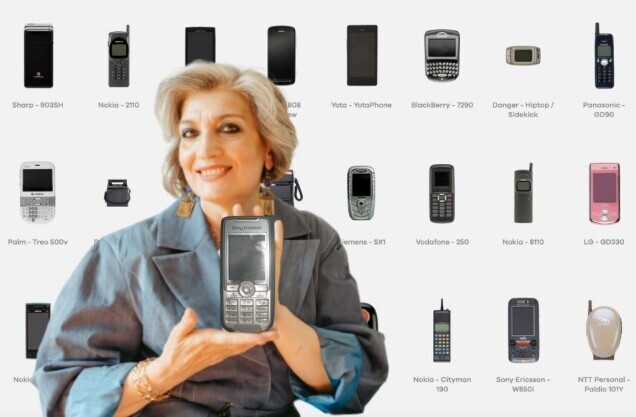
If you follow European AI news, you may have read that Finland’s Silo AI and Germany’s Aleph Alpha recently established a partnership to deliver “sovereign AI.” It would seem whoever is responsible for partnerships at Silo is keeping busy, as the company today announced yet another collaboration, this time with investor darling Mistral AI.
The past couple of years have seen businesses scramble to implement AI, often even before they know how they are actually going to use it, for fear of being left behind. Without proper implementation and the correct solutions and models, the promises of efficiency gains and added value that artificial intelligence can offer an organisation risk falling flat.
Silo and Mistral say they will provide a joint offering for businesses, “merging the end-to-end AI capabilities of Silo AI with Mistral AI’s industry leading state-of-the-art AI models,” combining their expertise to meet an increasing demand for value-creating AI solutions.
“It’s a great pleasure to partner with a global leader in frontier AI models. We’ve always had an aligned mission with Mistral AI, to build world-class AI in Europe,” said Peter Sarlin, CEO and co-founder of Silo AI (with whom you can listen to an interview on the TNW podcast). “I believe that their models, combined with Silo AI’s platform and extensive experience with large-scale enterprises, is a strong combination in the rapidly evolving AI market.”
According to Sarlin, Silo has worked with Mistral’s technology already for a year. The formal collaboration was initiated by both parties, having recognised “complementary strengths and potential benefits” to address a “sizeable market opportunity.”
Different models for different customers
Both of these two companies are at the forefront of AI development, but with slightly different focuses. Helsinki-based Silo refers to itself as “Europe’s largest private AI lab.” The company is intent on supporting that somewhat yet intangible idea of Europe‘s “digital sovereignty,” and has developed open-source large language models (LLMs) specifically focused on the Nordic and other so-called low-resource European languages.
However, its main commercial offering lies in platforms for large-scale enterprises. Paris-based Mistral AI, on the other hand, specialises in generative AI, having released several open-source models for developers as well as optimised commercial models of different sizes. The company emphasises the democratisation of frontier AI models.
Since Silo has its own LLMs, why partner with another company specifically focused on generative AI? “Silo AI is committed to building best-in-class solutions for low-resource languages,” Sarlin told TNW. “We have always been of the opinion that companies should use the model most suitable for their particular use case. Different models make sense for different customers.”
Enhancing Europe’s AI capabilites
Mistral AI was founded by former employees at Google DeepMind and Meta. Among them is Arthur Mensch, the company’s CEO, who said of the Silo tie-up that the move would “significantly enhance Europe’s AI capabilities.”
“By combining Silo AI’s technical capabilities with our cutting-edge models, we are not only together accelerating the adoption of AI technology across Europe but also pursuing our mission to make AI ubiquitous and accessible to all,” the Mistral CEO stated.
Funding-wise, the two have had a very different journey. Silo, founded in 2017, has taken on very little external funding. Mistral, which launched just last year in April, quickly skyrocketed to the top of investor wish lists, touted as a European challenger to OpenAI, the company that set off the GenAI craze in late 2022 with the release of ChatGPT. Its latest funding round, Series B, came in at $640mn at a valuation of $6.2bn.
As Europe runs to catch up in the global artificial intelligence race, we are likely to see more partnerships seeking to make the most out of expertise spread across different parts of the continent. Who knows, collaboration might just be what comes to signify the European AI landscape (along with the EU zeal for regulation) and move the needle on that elusive “sovereignty” —and, of course, competitive advantage.
“In a market that is growing as rapidly as generative AI, it is also natural that companies look around for different ways of offering value to customers,” Sarlin said.
Get the TNW newsletter
Get the most important tech news in your inbox each week.




